In Istanbul, when wild animals fall ill or get injured, they receive treatment at the Istanbul University-Cerrahpaşa (IÜC) Faculty of Veterinary Medicine Animal Hospital before being released back into nature. Those unable to survive in the wild are housed in the rehabilitation center.
Istanbul, a city of over 15 million people, is also home to various animal species. In addition to commonly seen domestic animals, the city hosts wildlife such as foxes, jackals, hawks and eagles, particularly in its natural areas.
Academics and veterinary specialists from the Department of Wildlife Diseases and Ecology at IÜC’s Faculty of Veterinary Medicine provide medical care for these wild animals.
Injured or sick animals are treated at the university’s animal hospital before being returned to their natural habitat. Those that cannot survive in the wild are monitored at the facility’s rehabilitation center.
Professor Hasan Alpak, dean of the IÜC Faculty of Veterinary Medicine, told Anadolu Agency (AA) that the animal hospital treats not only domestic animals like cats, dogs, horses, donkeys, sheep, goats and cattle but also exotic and wild animals such as iguanas, lizards, parakeets, canaries, crows, hawks and eagles.
Explaining that the rehabilitation center provides treatment for both internal and external diseases, Alpak said: “If they have surgical issues, we operate. If they have internal diseases, we treat them. Unfortunately, some animals cannot be healed, or their treatment takes a long time. For example, if a crow, eagle or hawk has a broken wing, it may never fly again. Should we abandon them on the streets? They have no chance of survival there because they would either be hit by a car or fall victim to the ecological food chain.”
Alpak noted that the university provides a permanent care facility for animals that cannot fly or survive in nature. “Our faculty members and students take care of them. The university helps cover some of their expenses, and we also work with the General Directorate of Nature Conservation. Over time, this center has become one of Türkiye’s leading rehabilitation facilities and the most important center for wildlife and exotic animals in Istanbul.”
Alpak stated that exotic and wild animals are brought to them from all over Türkiye. “People in Istanbul are now aware of this center. Just as they bring their cats and dogs when they need treatment, they know that this is the place to bring injured wild animals as well. If the animal can be treated on an outpatient basis, our professors provide care and return it to the person who brought it in. If it has a broken limb, surgery and additional treatments are performed.”
For animals undergoing long-term treatment, the team evaluates whether they can survive in nature. Those that can are released into forested areas several times a year.
Alpak emphasized that the Veterinary Faculty Animal Hospital is equipped to diagnose and treat not only domestic pets but also exotic and wild animals, offering internal and surgical care, X-rays and laboratory tests. Many of these treatments are performed voluntarily.
Dr. Ebuderda Günay, a research assistant in the Department of Wildlife Diseases and Ecology, said one of their main focuses is rehabilitating wild animals.
In addition to the hospital, the faculty operates a rehabilitation center where they work closely with government agencies such as the Ministry of Agriculture and Forestry and the General Directorate of Nature Conservation and National Parks.
“We take responsibility for the treatment and rehabilitation of wild animals found or reported by citizens or brought to us by institutions. Once they recover, those that can be released into the wild are returned to their natural habitats. Those that require further rehabilitation are kept under observation in designated areas,” Günay explained.
He also highlighted that the faculty offers a doctoral program in wildlife studies, the first of its kind in Türkiye.
The team works under the leadership of professor Serhat Özsoy, head of the Department of Wildlife Diseases and Ecology. Günay noted: “We take full advantage of the hospital’s advanced facilities, including diagnostic imaging and treatment technologies. Thanks to our well-structured system and the expertise of our veterinary specialists, we achieve high success rates in rehabilitating these animals.”

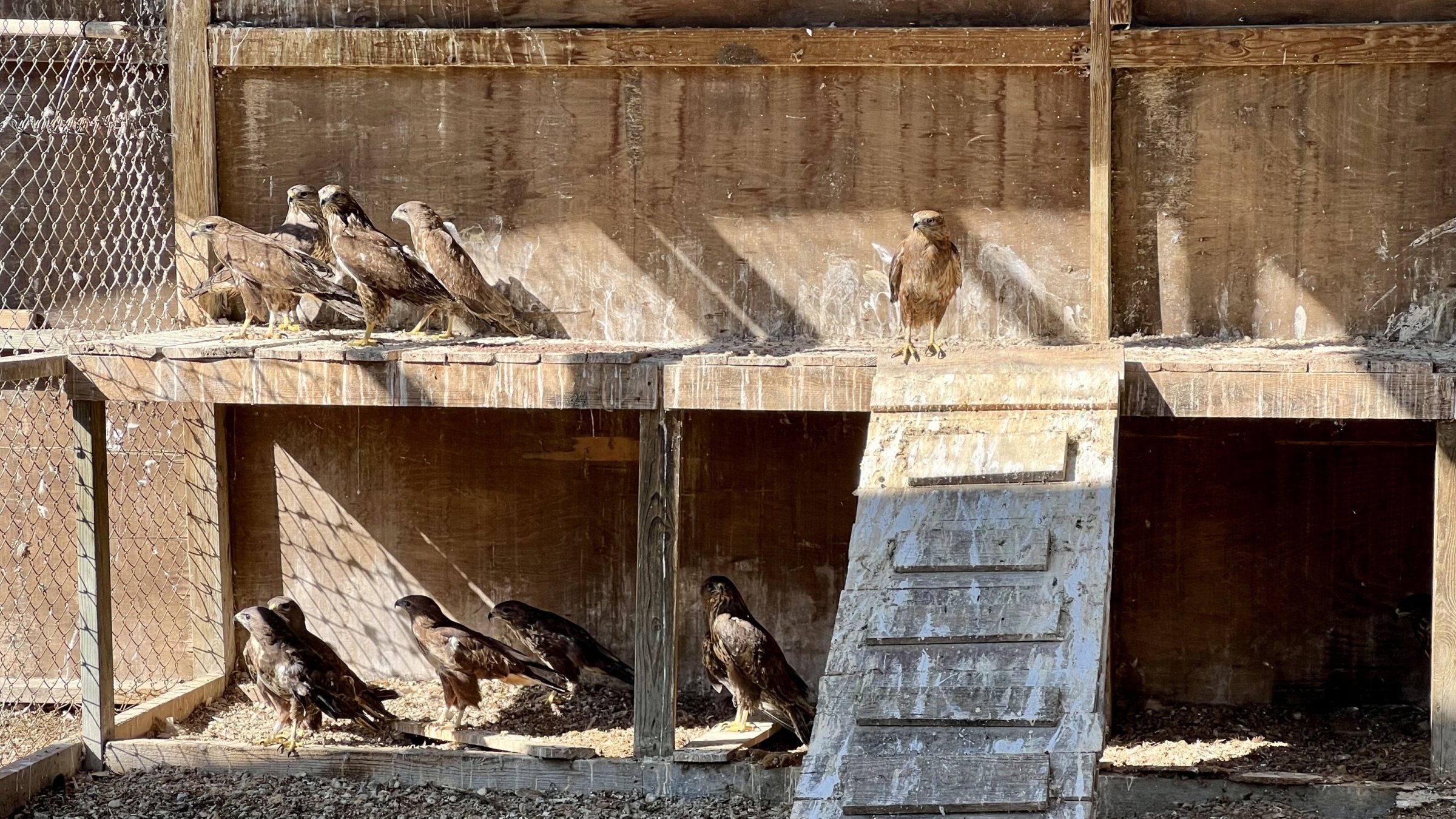

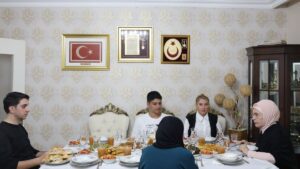

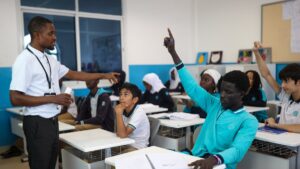
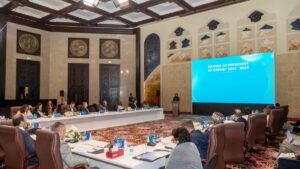
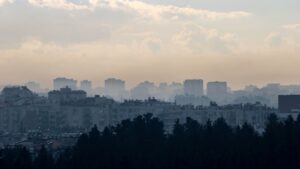
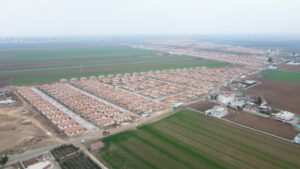

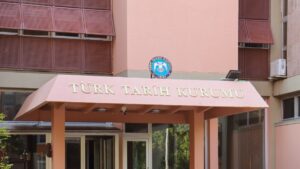
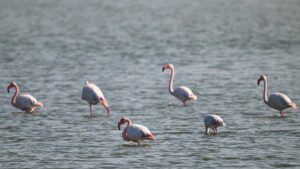
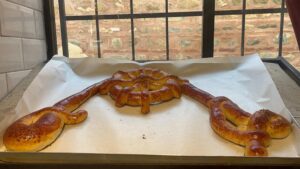
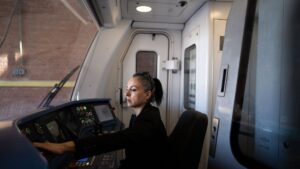
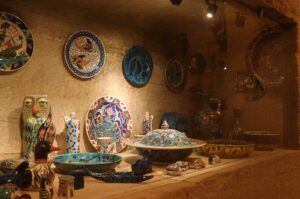
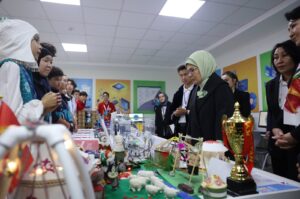
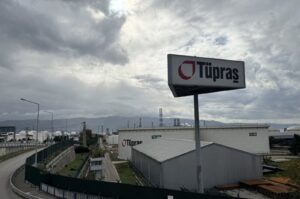
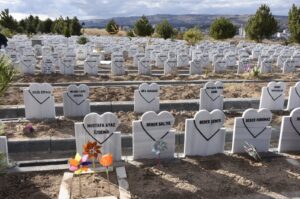
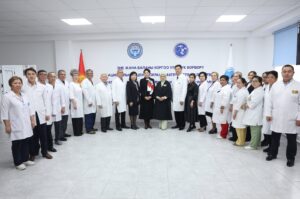

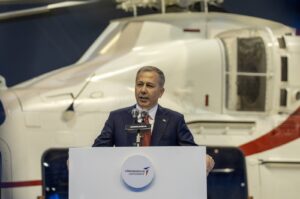
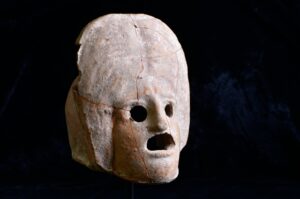
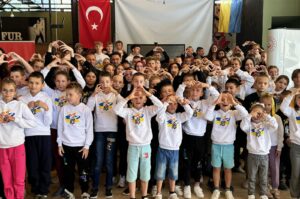
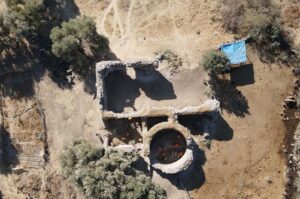
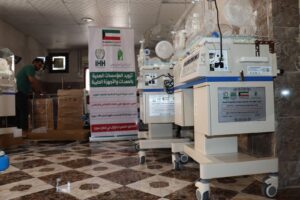
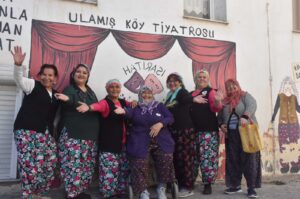
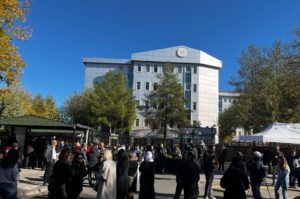
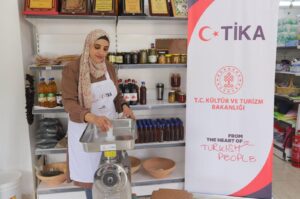
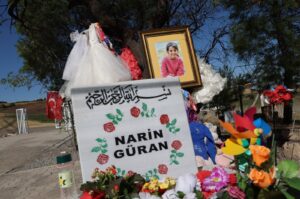
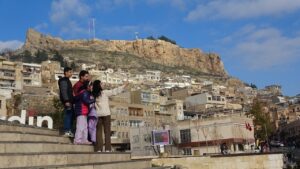
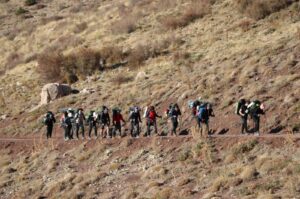
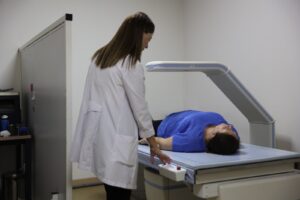
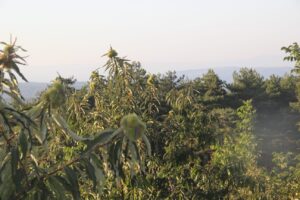
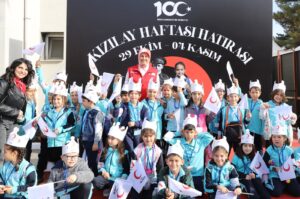
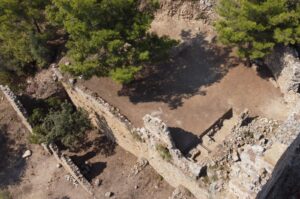
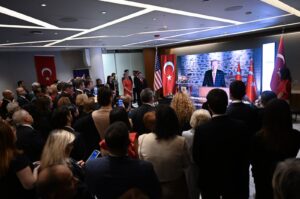
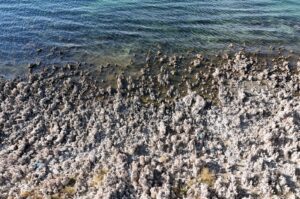
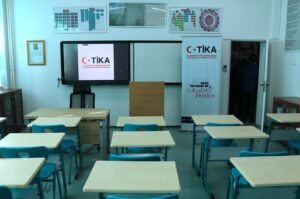
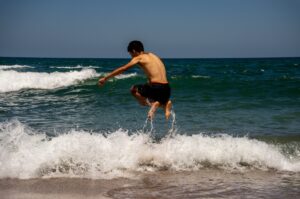

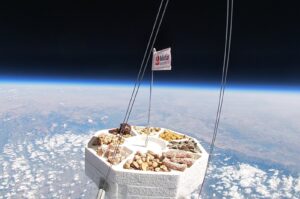
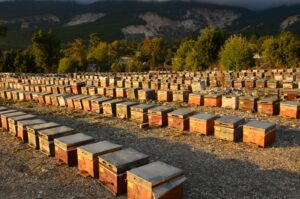
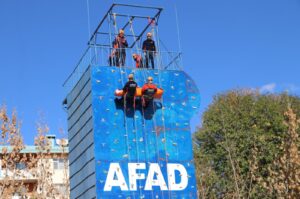
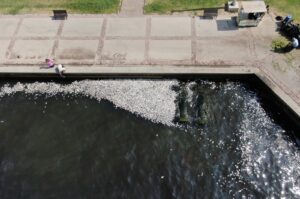

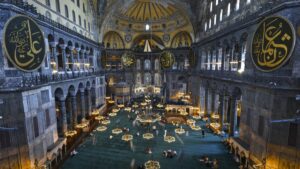
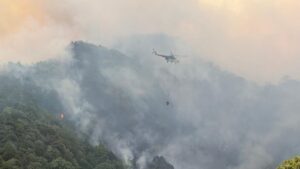
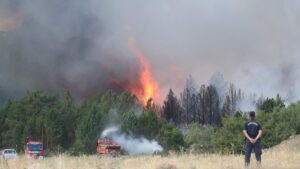
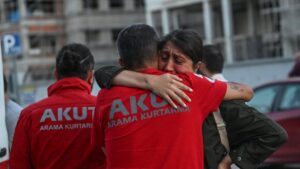
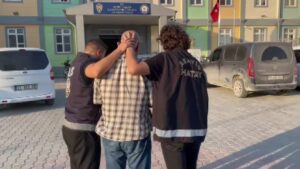
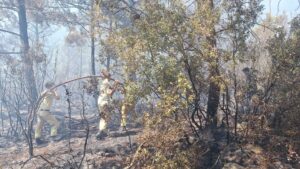
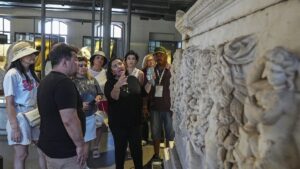
Be First to Comment